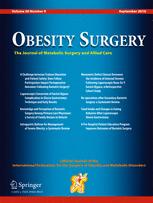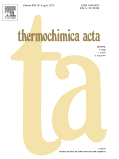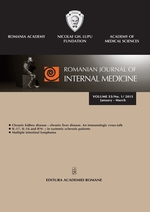 With retraction notices continuing to pour in, we like to occasionally take the opportunity to cover several at a time to keep up.
With retraction notices continuing to pour in, we like to occasionally take the opportunity to cover several at a time to keep up.
We’ve compiled a handful of retractions that were all issued to papers that were published twice by at least one of the same authors — known as duplication. (Sometimes, this can be the publisher’s fault, although that doesn’t appear to be the case in any of the following examples.)
So here are five recently retracted papers that were pulled because of duplication: Continue reading You’ve been dupe’d: Results so nice, they’re published twice



 With so many
With so many 


